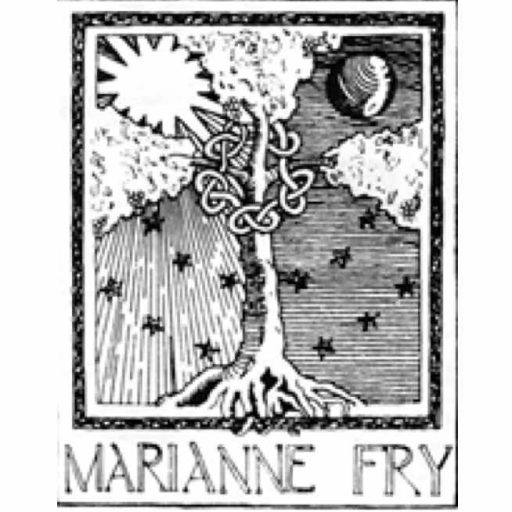In this talk Judy Ryde encouraged white psychotherapists and counsellors, who often regard their own position to be neutral within a racial context, to become more aware of and alive to their own whiteness – its meaning and its effect in a world of many cultures and ‘races’. Judy is influenced by dialogic gestalt therapy and intersubjective systems theory in her understanding of culture and race and believes that this approach helps us to find a way forward in an often conflicted area. She believes that if white people are to respond adequately to racial conflict, and the implications of their dominant and privileged position, they need to be able to reflect on the thoughts, fantasies, images etc, often held on the edge of awareness, which underlie their own individual and cultural responses. This includes the impact of whiteness within a professional context as well as within society as a whole.

Judy Ryde is co-founder of BCPC (The Bath Centre for Psychotherapy and Counselling), past Chair of PCSR (Psychotherapists and Counsellors for Social Responsibility) and past Chair of the UKCP equal opportunities committee. She has a special interest in working with ‘difference’ in psychotherapy. She has completed a PhD at Bath University entitled ‘Exploring White Racial Identity and its Impact on Psychotherapy and Psychotherapy Organisations’. Her book Being White in the Helping Professions: Developing Effective Intercultural Awareness was published in January 2009. Judy has set up and supervises a counselling service for asylum seekers and refugees through the Bath Centre for Psychotherapy and Counselling.
You can also listen to an audio recording of the lecture. Following the introduction, it was given in three parts with breaks in between. It included structures for the audience to explore their own reactions to the material. These times of silence have been shortened to a nominal amount in these recordings. You can pause playback if you wish to give yourself time for reflection.
The discussion was followed by lunch and then a further exploration in the form of on-stage supervision of issues about whiteness [not recorded].
Introduction by Malcolm Parlett (6 minutes):
Lecture parts 1 to 3 (1 hour 14 minutes):
Discussion (17 minutes):
« 2008: Dr. Malcolm Parlett "Living Beyond Limits: Hubris, Collapse, and the Embodied Return"
2010: Dr. Sally Denham-Vaughan "The Liminal Space: an opening to transformational shift" »
 Marianne Fry Lectures
Marianne Fry Lectures